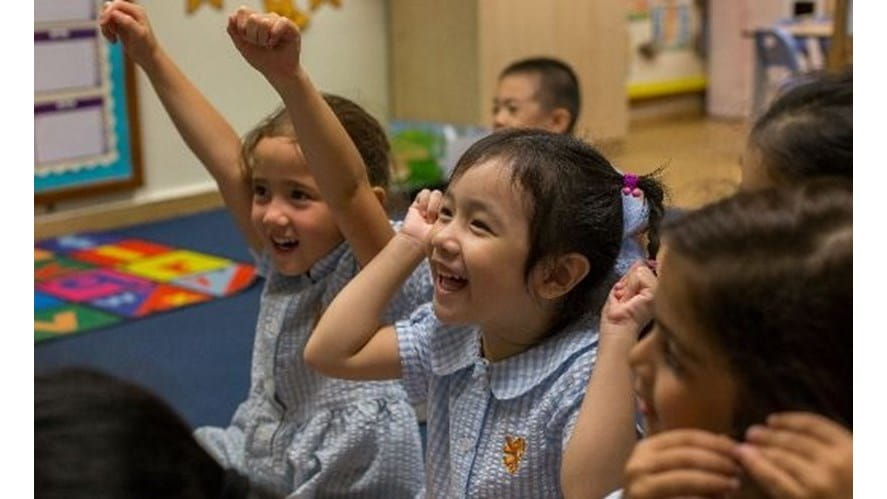We use cookies to improve your online experiences. To learn more and choose your cookies options, please refer to our cookie policy.

Two of the most important traits that we should all aim to encourage in our students are resilience and perseverance. The aim of this article is to suggest ways that we can help to nurture a positive and determined mindset in all of our pupils by the way that we talk about (and ask them to reflect upon) their personal achievements and struggles.
The psychologist Carol Dweck, one of the world’s leading researchers in the field of motivation, first defined a Growth Mindset as being a belief that most basic abilities can be developed through dedication and hard work. In her book Mindset: The New Psychology of Success, Dweck outlined that everybody holds a collection of mindsets (or ‘self perceptions’) that can have a profound effect upon many dimensions of life, including achievements in learning, professional success and even personal relationships.
In the field of education, Dweck’s work on identifying two different types of mindset - ‘Fixed’ and ‘Growth’ - has been viewed as groundbreaking by many schools and educators, who have begun to use her theories to inform how they teach students. Students with a Fixed Mindset are defined as those who have the belief that knowledge and intelligence are fixed traits, and that talent alone is what creates success. As a result, Dweck found that such students are more likely to shy away from challenges, in order to avoid looking or feeling unintelligent. Interestingly, Dweck’s research also found that such students also have a tendency to give up on activities that they find difficult, due to holding the belief that they will ‘never’ be good at them.
In recent times, schools like us have pioneered in teaching students to view their learning and achievements with a Growth Mindset. Such students are much more likely to develop a love of learning, because they appreciate that struggling with a new activity or challenge is part of the cycle of intellectual growth. Pupils who are able to embrace this mindset tend to learn more, adapt quickly and view challenges and failures as opportunities to further their skills, rather than as things to be avoided.
Schools, teachers and parents have a great responsibility in helping to teach, model and nurture a Growth Mindset in pupils. Encouraging students to believe that they can learn more and become more intelligent through hard work and practice can have far-reaching and significant effects on raising levels of academic achievement.
One major impact that both educators and parents can have is through the way that praise is given. Intentionally praising students for their effort of persistence in completing a task or activity has been shown to have a markedly positive effect on their attitudes to taking on further challenges.
Alternatively, simply praising pupils with statements like ‘You are so smart!’ has actually been shown to have a negative effect on fostering a growth mindset, as it encourages them to believe that talent alone is what led to their success.
There are some great questions that teachers and parents can ask students in order to encourage them to reflect on their work, achievements and challenges in a positive manner. Here is a selection:
Conclusion
Educators and parents all have a part to play in encouraging students to embrace challenges and develop a positive, Growth Mindset. It can start with the way that we praise students for the process that they have engaged in to complete a task or activity, and can be extended by the way that we invite pupils to reflect on what they learned and how they overcame their challenges. Helping children to nurture this attitude to learning can have a significant impact on developing the traits of resilience and perseverance that are so important, both for educational as well as professional success.